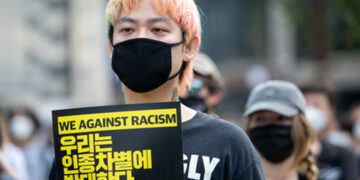Welcome to an insider’s guide to the legal drinking age culture in South Korea. If you’re here, chances are you’re still not sure if you or any of your relatives are allowed to experience that special shot of authentic soju in Korea’s famous Pojangmacha or that bowl of delicious makgeolli on Chuseok and Seollal.
While we’re generally not recommending alcoholic beverage for younger travelers, there are several details you must know if you travel to South Korea from overseas. And understanding how the legal drinking age works might be the best way to navigate safer and smoother travel experience without having to deal with unnecessary legal issues.
So today we’re going to dive deep into every little detail about South Korea legal drinking age and culture and what locals won’t probably tell you.
Understanding the Legal Drinking Age and Culture in South Korea
You land in Korea with a list: samgyeopsal night in Hongdae, noraebang till 3AM, and your very first bottle of soju poured by a stranger who becomes your best friend by sunrise. You’ve seen it in dramas. You’ve dreamed about it during exams. And now you’re finally here.
But there’s one detail you didn’t expect to trip over—the legal drinking age in South Korea culture.
You might be legal back home. Or maybe not. But someone said Koreans count age differently. And another friend said it’s all about the year, not your birthday. And suddenly, you’re standing in front of a convenience store fridge, wondering if this bottle of Chamisul a celebration is or simply a violation.
Here’s the truth: the drinking age laws are quietly confusing in South Korea, and what looks legal on paper might not play out that way in clubs, pojangmacha, or even family dinners.
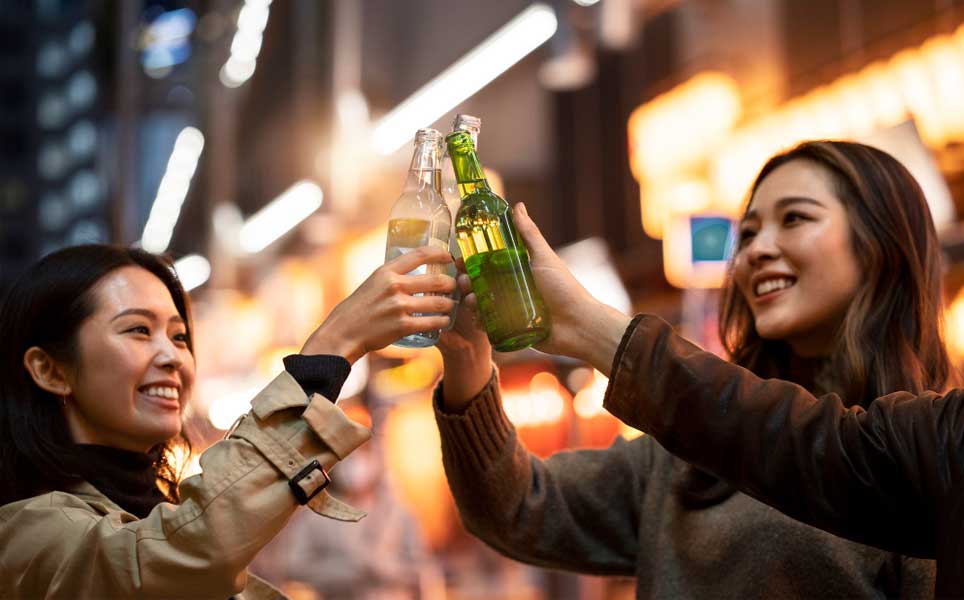
So before you raise that glass, let’s get clear on what the law says, how locals actually behave, and what you need to know to drink safely, confidently—and without the awkward stares.
What the Law Actually Says About the Korea Legal Drinking Age
First things first, let’s start with the basics.
According to South Korean law, the legal drinking age is 19 years old in international age. However, there’s a twist that’s uniquely Korean: it’s based on year of birth, not exact birthdate.
That means if you were born in 2006, you are legally allowed to buy and consume alcohol starting January 1, 2025, regardless of whether your actual birthday is January 1st or December 31st. The system skips the month-day precision entirely and simply checks the birth year on your ID.
TL;DR?
- Born in 2006? You’re legal starting January 1, 2025.
- Born in 2007? You’ll have to wait until January 1, 2026.
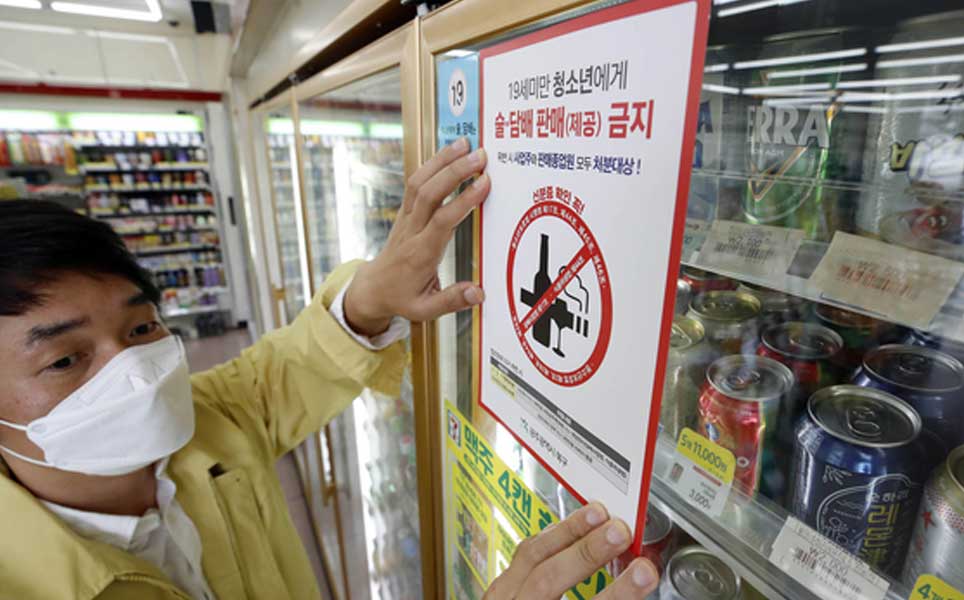
This policy applies to everyone: foreign tourists, exchange students, and long-term residents alike. If your passport shows you were born in 2006, you’re in the clear for drinking as of the 2025 New Year.
Wait, Didn’t Korea Abolish the “Korean Age”?
Yes, and no.
In 2023, South Korea officially abolished the “Korean age” system for legal and administrative purposes. That was the quirky tradition where newborns started at 1 year old and everyone aged up collectively on New Year’s Day.
But here’s where things get tricky: the South Korea legal drinking age still uses a similar year-based calculation. Even though people now go by international age in legal and administrative settings, the drinking law still activates on January 1 of your birth year—not your actual birthday.
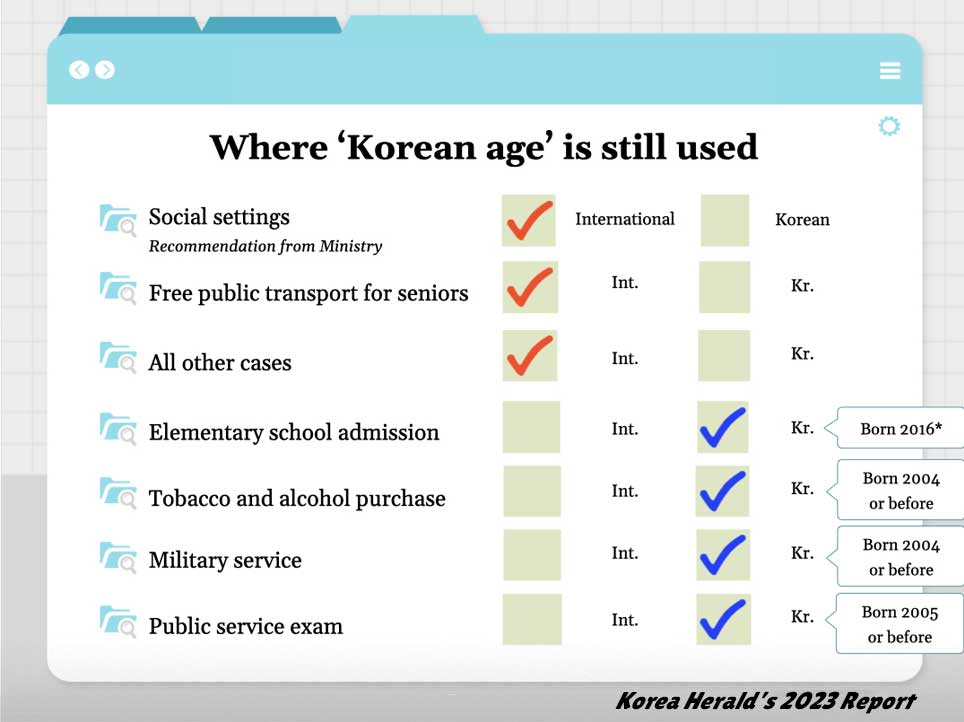
So while no one will call you “twenty” anymore just because it’s a new year, you can legally drink if it’s the year you’ll turn 19. It’s not exactly “Korean age” anymore—but the cultural logic still lingers in how drinking laws are applied.
Legal on Paper, Denied at the Door: The Reality of Enforcement
On the other hand, even if the legal drinking age in South Korea culture says you’re good to go, your actual experience might vary.
Restaurants & Convenience Stores
In casual settings—like grabbing soju at a convenience store or ordering beer with samgyeopsal—you probably won’t be carded unless you look visibly underage. Enforcement tends to be more relaxed, especially outside the major cities. But in tourist-heavy neighborhoods or upscale restaurants, ID checks are becoming more common.
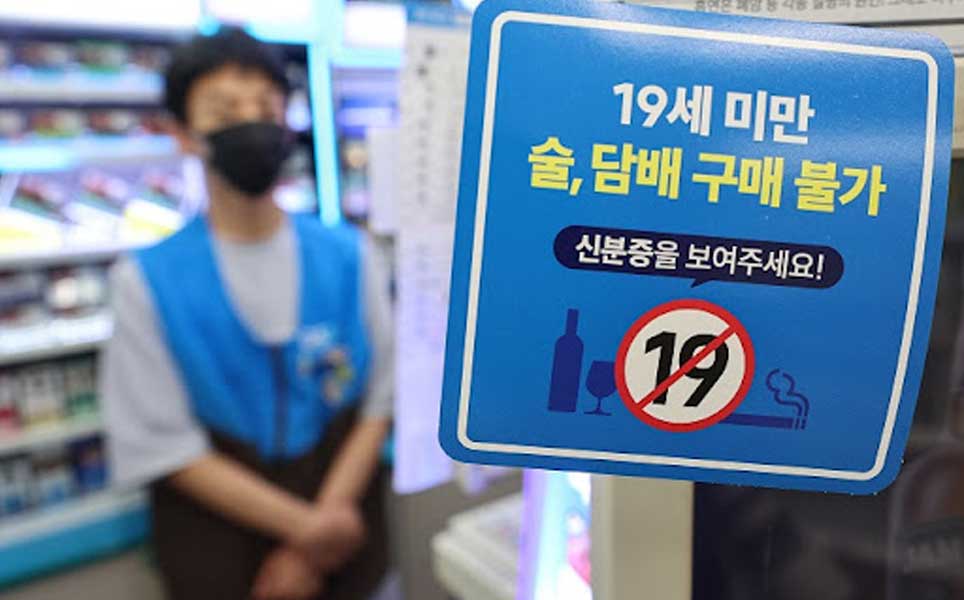
Traveler Tip: Bring a passport or a digital scan. Most places won’t accept foreign driver’s licenses.
Nightclubs & Bars
Now here’s where things get dicey. In cities famous with Korean nightlife like Seoul, Busan, and Daegu, clubs have stricter entry rules—and they don’t just follow the government law. They often have additional age filters written right at the door.
Example: “Entry allowed for guests born between 1984 and 2000.”
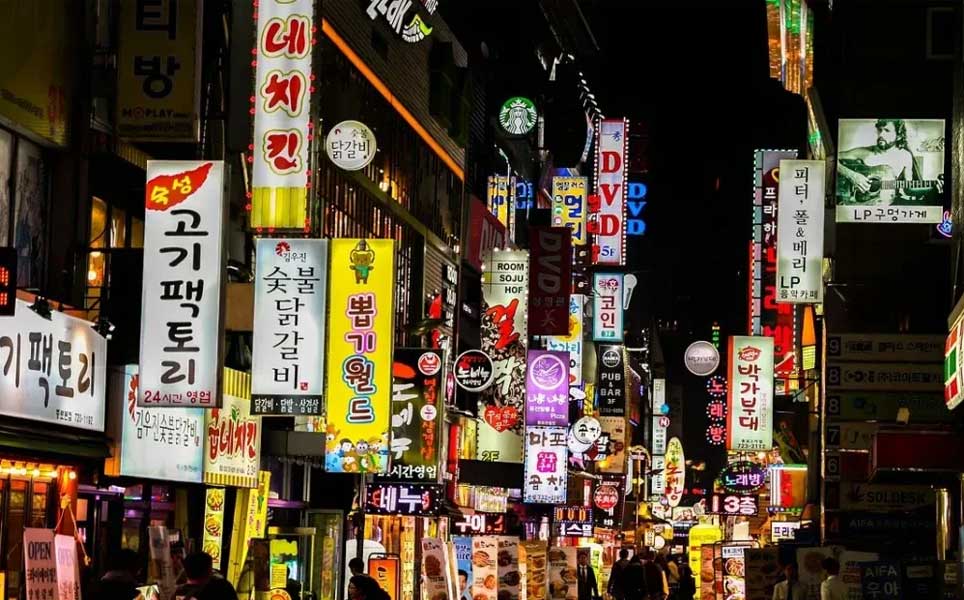
Therefore, even if you’re technically legal to drink, a club might turn you away if you’re considered too young (or too old) by their target clientele. And no, this part is no longer about legality. Instead, it’s more about crowd control, image, and demographic curation for their businesses.
When You Look Too Young
Furthermore, a problem no one tells you about: even if you’re 21 or older, you might still be denied alcohol if you look younger than Korean staff expect. Cultural expectations about what someone your age should look like can create unexpected friction.
- Foreign Gen Z travelers frequently report being questioned even at 22 or 23.
- Meanwhile, Korean high schoolers with legal-age peers often face little scrutiny.
It’s not about fairness—it’s about perception and face-saving culture. A convenience store clerk might choose to deny service simply because they want to avoid trouble later.

Pro tip: If you’re under 25 and traveling alone, expect to be asked for ID at least once—especially in Seoul, Hongdae, or Itaewon.
Legal Drinking Age and Culture for US Citizens in South Korea
Meanwhile, if you’re an American who’s 18, 19, or 20, landing in Korea might feel like crossing into freedom. Because yes—under South Korean law, you’re legally allowed to drink as long as it’s the year you turn 19. That means no more waiting until 21 like you would in the U.S.
But there’s a big exception: US military personnel stationed in South Korea are still bound by US law, which means the legal drinking age remains 21, no matter what the local laws say.
For Under-21 US Military Personnels in South Korea:
- On or near military bases, drinking under 21 is prohibited—even if you’re “legal” under Korean law.
- Off base? Still risky. Military members caught drinking underage off duty can face disciplinary action, including UCMJ (Uniform Code of Military Justice) violations.
- Many bars and clubs near bases are aware of these rules and may refuse service to younger-looking foreigners to avoid liability.
For Under-21 US Civilians in South Korea:
If you’re a civilian US traveler or student under 21, you’re not subject to US drinking laws while in Korea. As long as your birth year meets Korea’s legal standard, you’re allowed to drink—just keep your passport or ID on hand.
Still, it helps to understand how your age might affect perception. Some Koreans (especially older staff or conservative venues) might associate “foreign youth” with stricter rules, and they may hesitate or ask for extra verification even if you’re technically legal. Quick takeaway:
- Military in Korea? Stick to 21.
- Civilian American traveler? You’re legal if your birth year qualifies. Just don’t forget your ID.
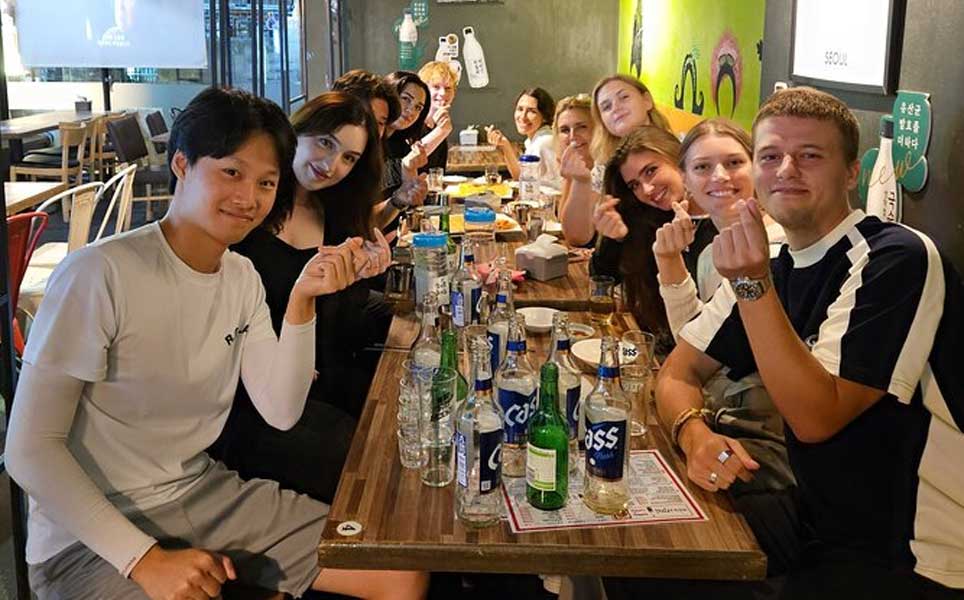
Tips for First-Time Drinkers in South Korea
The Korea drinking culture is vibrant but nuanced. It’s not just about your ID—it’s about how you drink, who you drink with, and how you handle the social etiquette.
If it’s your first time drinking in South Korea, keep these essential tips in mind:
- Use both hands when someone older pours your drink. It’s a gesture of respect that Koreans notice immediately.
- When drinking with elders or superiors, turn your head slightly to the side while sipping. This shows humility in group settings.
- Be ready for rounds of soju or beer—it’s common to go multiple rounds with shared bottles rather than ordering individual drinks.
- If someone fills your glass, you’re expected to return the gesture at some point during the meal.
- Don’t downplay etiquette. Locals often do notice who follows the social flow—and they genuinely appreciate when foreigners try to get it right.
You don’t have to get everything perfect. But showing respect through small gestures goes a long way—and can make your first drinking experience in Korea both memorable and warmly welcomed.
And yes, someone will notice if you break the rules. But don’t worry—locals usually forgive tourists who make an effort to learn.
Bonus: What If You Don’t Drink?
Contrary to what some blogs say, you don’t need to drink to enjoy Korea. Plenty of young Koreans are cutting back or going sober altogether. Pojangmacha now serve non-alcoholic beers, sparkling teas, and hangover soups even if you didn’t drink the night before.
It’s perfectly fine to raise a glass and not sip—or to say no altogether, especially if you mention health, religion, or medication. Most people will understand.
“Can I Drink in South Korea Yet?” – Final Takeaway on Legal Drinking Age
Finally, navigating the legal drinking age in South Korea can feel like unlocking a series of silent rules. And you’re not the only one who feel that way. After all, some might have been written in law, but others still remain in cultural habits.
But now that you know how the system works, when you’re legal, and what to expect, you’re already ahead of the curve.
So if you’re wondering, “Can I drink in Korea yet?” — the answer is: probably yes. But the smarter question might be, “Do I know how to drink in Korea the local way?” Now you do.
Drink respectfully. Show your ID. And when in doubt, ask someone who’s been through it.
Your future self will thank you.
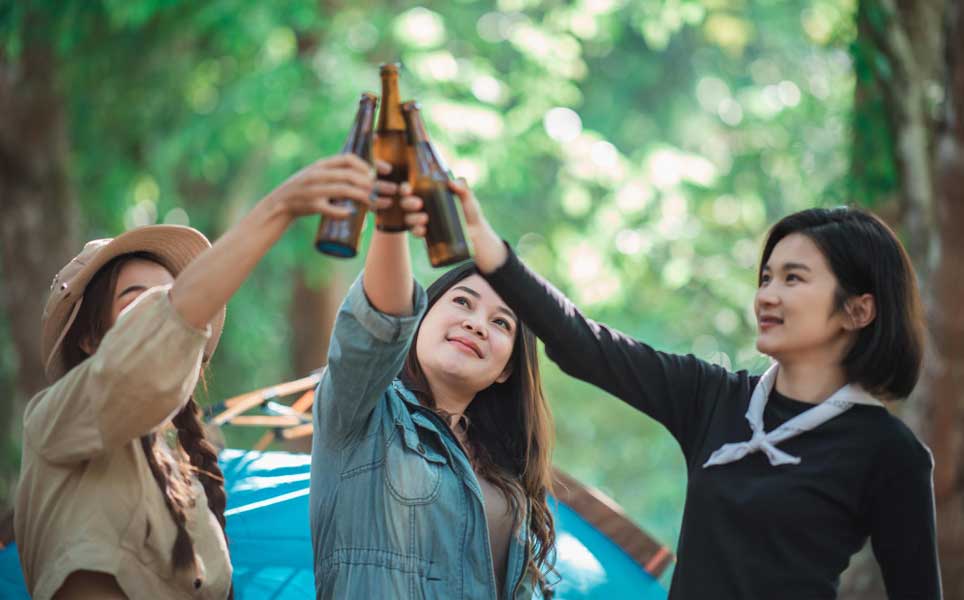
Related Posts
9,621 total views, 21 views today







